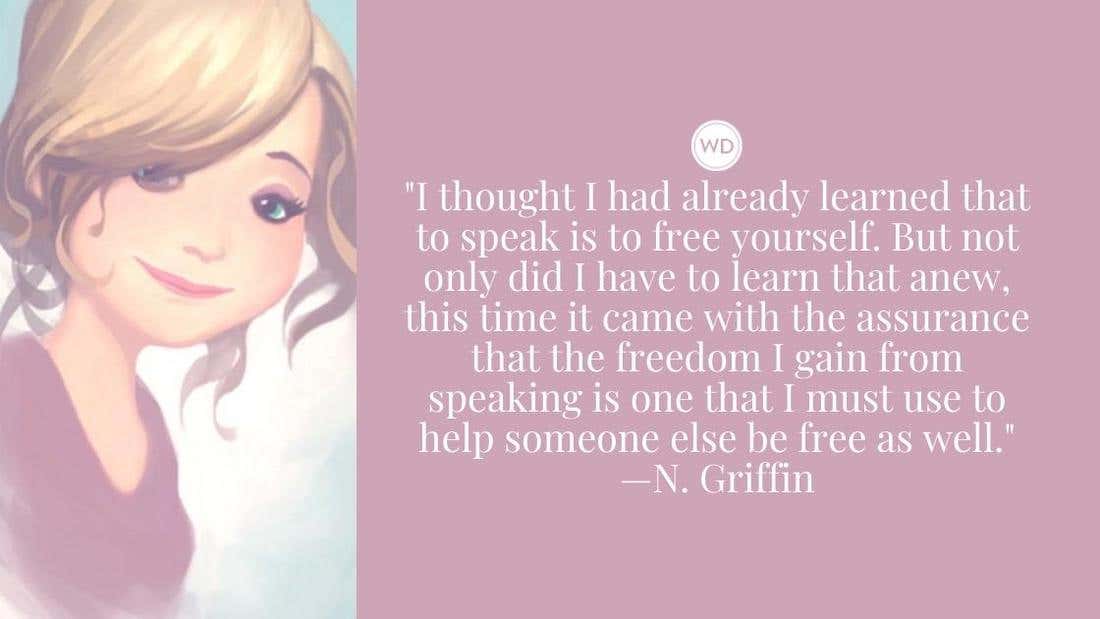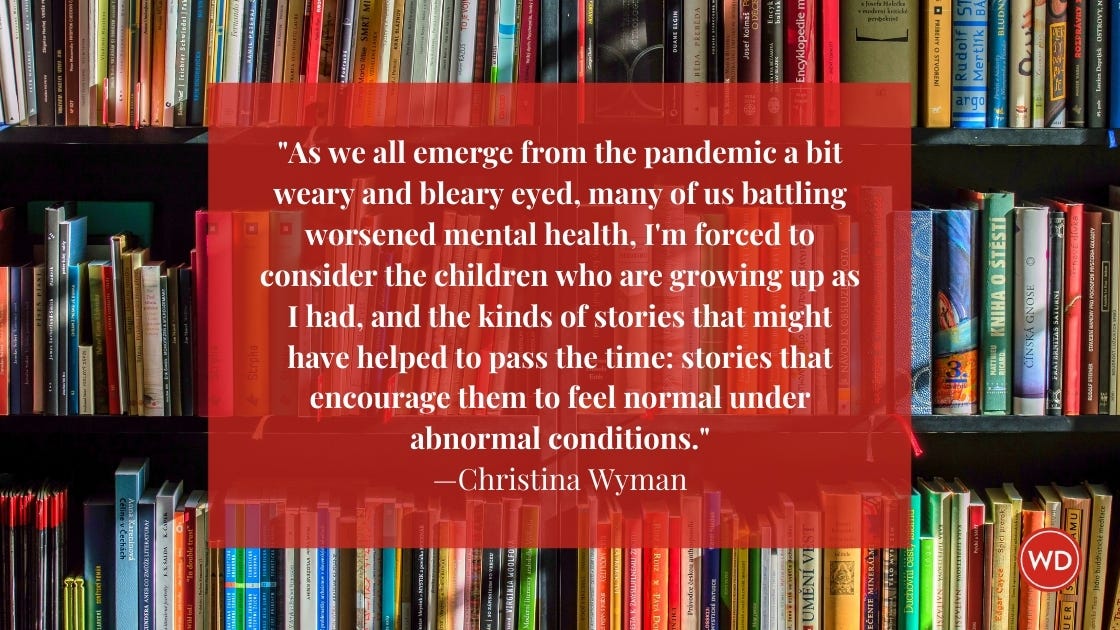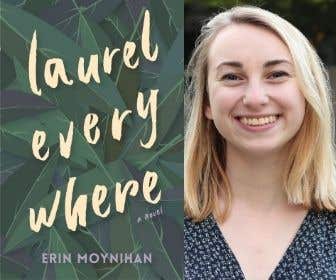How to Be a Kid Againor at Least Think Like One 2
Here are idea exercises you can use to help you get started.
Try webbing using the following as central topics:
- A childhood fear
- Your best friend in grade school
- Your favorite pet
- Your most embarrassing moment in high school
- The kids who made your life miserable.
Use the following sense activities to help you write in the voice of one of your story characters:
- Go outside and sit on the grass with your eyes closed. Listen. What do you hear?
- Open your spice cabinet. Sniff jars of chili powder, cinnamon and cloves. What seasons do you remember?
- Go to a park and sit on a swing. Kick out your legs and swing as high as you can. What does the wind feel like What happens to your stomach?
- Climb a tree and peer through branches of leaves. What does the world look like from up there?
- (Warning: we expect everyone to try the next activity several times!) Go to a drugstore or supermarket. Stand in front of the candy counter. Treat yourself to the chocolate bars, bubble gum and candy you remember from when you were a kid. Then go home, sit under a shade tree, and dig into your candy bag. Eat it slowly. What do the different tastes remind you of?
Let your mind wander in new directions and try writing using the following what-ifs:
- What if the tree outside a kid's bedroom window started talking?
- What if a snowstorm closed school for a month?
- What if the school bully declared war on everybody with freckles?
- What if your story's main character told a lie?
- What if the teacher in your story embarrassed someone every day and today was your day?
Write the following fictional letters to help you generate and expand ideas:
- Write to a childhood bully. Tell him or her what you really think of him or her.
- Write to the worst teacher you ever had.
- Write to the best teacher you ever had.
- Write to a reader explaining what you hope he or she will gain from reading your story, article or poem.
- Write to your story's protagonist from the antagonist.
Read more idea generators from Jones and Dadey
Marcia Thornton Jones and Debbie Dadey are the authors of Story Sparkers: A Creativity Guide for Children's Writers.
Related Stories









